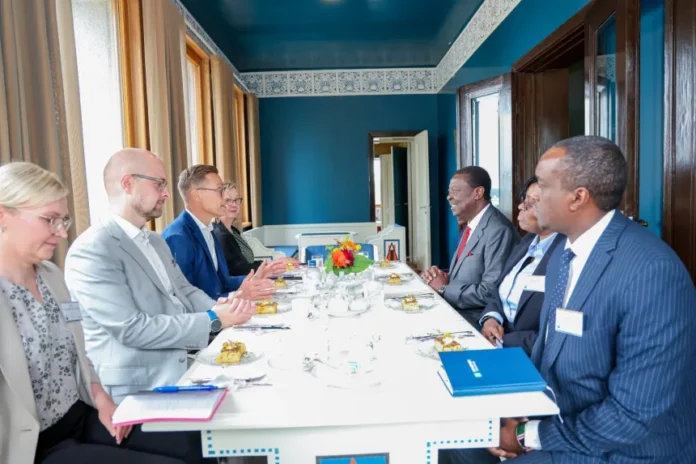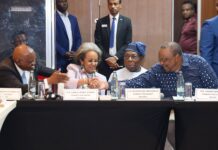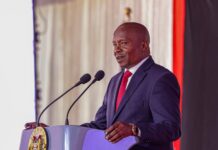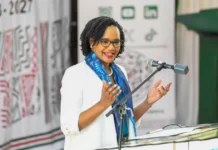Kenya and Finland have reiterated the urgent need for sustained international backing of Somalia’s peacebuilding efforts, particularly as the African Union Transition Mission in Somalia (ATMIS) continues its gradual withdrawal.
This shared commitment emerged during a high-level consultative meeting between Kenya’s Cabinet Secretary for Foreign and Diaspora Affairs, Musalia Mudavadi, and Finnish President Alexander Stubb at the historic Kultaranta Presidential Castle. The dialogue took place on the sidelines of the ongoing Kultaranta Talks in Naantali, a key forum for discussing international security and policy issues.
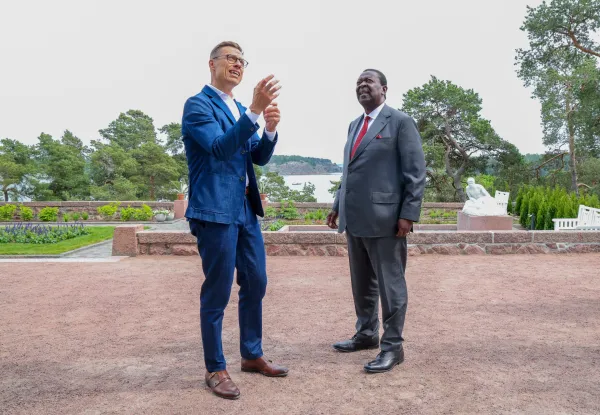
Foreign and Diaspora Affairs Cabinet Secretary Musalia Mudavadi with President Alexander Stubb of Finland. PHOTO/COURTESY
According to a statement from CS Mudavadi, the discussions centered on the evolving security dynamics in Africa, with a special focus on the Horn of Africa, where Somalia remains a focal point of regional concern.
“We underscored the critical need to sustain international momentum behind Somalia’s peacebuilding process, especially in light of the ongoing ATMIS drawdown and heightened regional sensitivities,” said Mudavadi.
Both leaders emphasized their commitment to multilateralism and endorsed the importance of African-led solutions. They highlighted the roles of regional bodies such as the East African Community (EAC), the Southern African Development Community (SADC), and the Intergovernmental Authority on Development (IGAD) in promoting peace and stability.
The meeting also explored the potential of involving respected African figures and experts to mediate and advance dialogue in fragile states across the region.
President Stubb assured Kenya of Europe’s continued support for Africa’s peace and security architecture. “I welcomed President Stubb’s assurance of Europe’s continued support for Africa’s regional bodies as they pursue lasting peace and security on the continent,” Mudavadi added.
The dialogue signals growing international concern over the post-ATMIS future of Somalia and underscores the importance of global cooperation in supporting locally-driven stabilization efforts.
Written By Rodney Mbua









